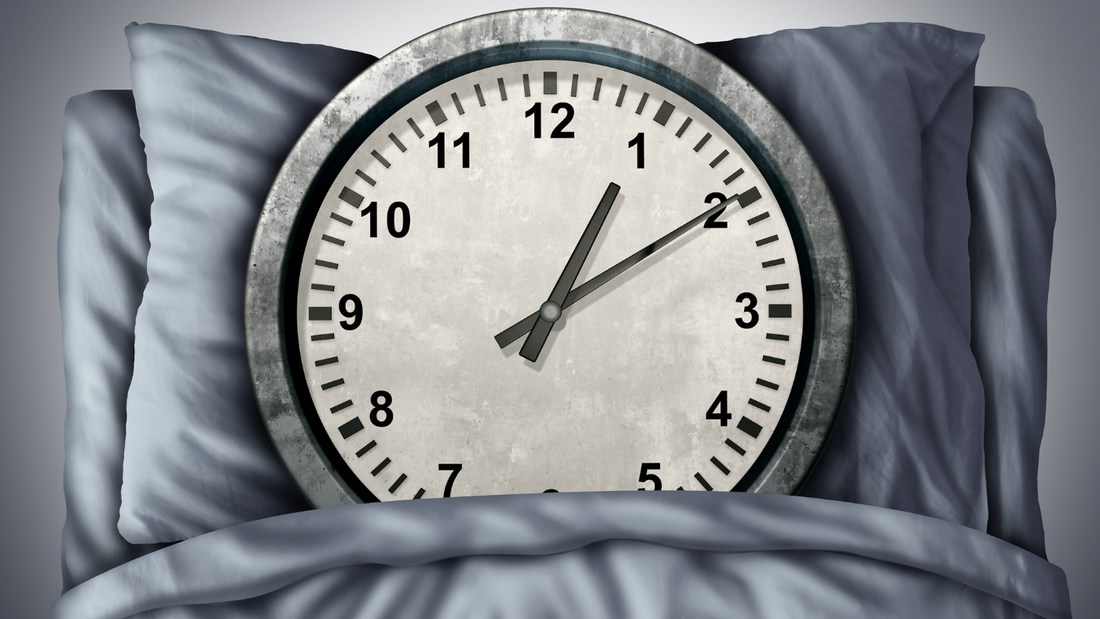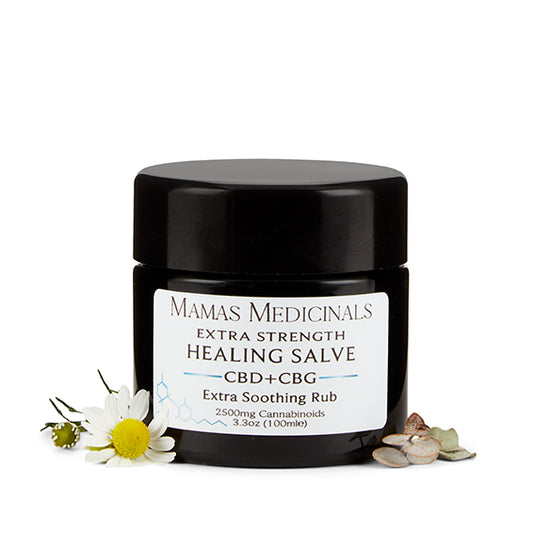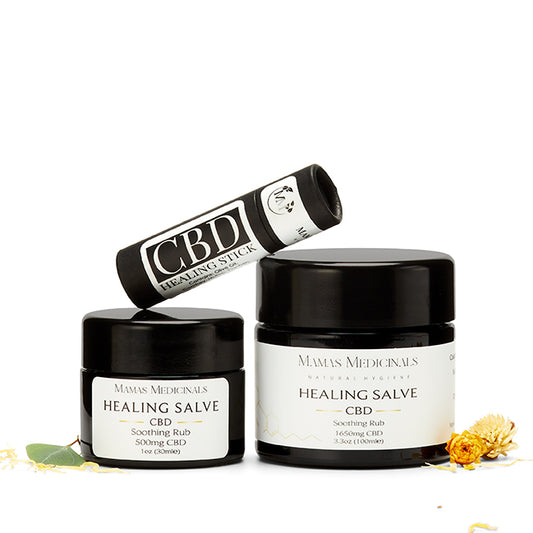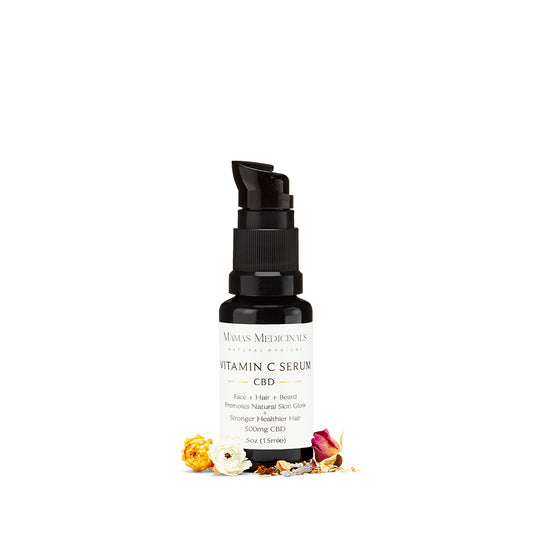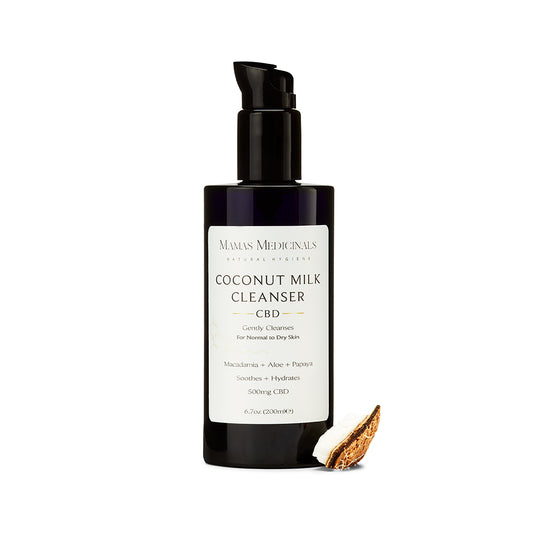Tired of tossing and turning? I’ve been there—and honestly, I’m still there some nights. With a 10-month-old in the family bed, quality sleep can feel like a distant dream. But over time, I’ve found a few things that actually help me unwind and catch more restful sleep (when I get the chance!).
Why Can’t I Fall Asleep — or Stay Asleep?
Whether you’re lying in bed staring at the ceiling or waking up at 3 a.m. unable to drift back off, sleep issues can be incredibly frustrating. Falling asleep and staying asleep are two different challenges, but both often share the same roots: stress, overstimulation, hormone imbalance, or poor sleep habits.
Here’s what’s actually helped me (and others) get real, restful sleep:
🌿 CBD for Sleep Support
Full-spectrum CBD helps calm the mind and ease physical tension. While it doesn’t make you drowsy like THC, it relaxes the mind and body, which is key when your mind won’t turn off. One of the few side effects of high doses is drowsiness, so taking a little more before bed may help. Just make sure you’re using full-spectrum (whole-plant extract), not CBD isolate. Isolate is a single molecule stripped of the plant’s natural vitamins, minerals, and over 100 other cannabinoids. These compounds work better together. A synergy known as the entourage effect.
🚶Move Your Body During the Day
Exercise isn’t just for fitness, it directly impacts your sleep. Even a short walk or gentle yoga during the day can help regulate your circadian rhythm. Your body sleeps better when it’s had a little movement and sunlight.
☕ Cut the Caffeine
Caffeine lingers longer than you think. Try stopping by 2 p.m. so it’s not still buzzing in your system at bedtime. That iced matcha might be sneakier than it looks.
🍷 Rethink the Nightcap
While alcohol might make you sleepy at first, it tends to mess with your sleep cycle, leading to those infamous 3 a.m. wakeups. Try to stop drinking 4 hours before bed so your body has time to process it. A drink with dinner and done!
🛁 Soak in Magnesium (Bath or Foot Soak)
A warm soak with Epsom salts is a dreamy pre-bed ritual. Magnesium, found abundantly in Epsom salts, supports deep relaxation and muscle recovery. No tub? No problem, just soak your feet. (Our bath salts kicks it up a notch with CBD and calming essential oils.)
💡 Dim the Lights + Ditch the Screens
Light has a major impact on melatonin, your body’s sleep hormone. Try dimming your lights an hour before bed and avoid screens for at least 30 minutes before sleep, especially your phone. That blue light is no friend to your circadian rhythm. But it’s more than that. It is the stimulation. So much happens so fast on screens. Take 30 minutes to unwind.
🕯️ Create a Wind-Down Ritual
Your brain loves consistency. Simple rituals like lighting a candle, journaling, meditating, or deep breathing tell your nervous system: it’s time to slow down. Even five intentional minutes can help your body shift from go-go-go to deep rest mode.
⏰ Stick to a Consistent Sleep Schedule
Our bodies thrive on rhythm. Going to bed at the same time each night helps train your internal clock, making it easier to fall asleep—and stay asleep. Even on weekends, try to stick close to your usual bedtime. Consistency is key to resetting your circadian rhythm.
💞 Sleep Together (If It Feels Safe + Supportive)
Sharing a bed with a child, parent, or partner can increase oxytocin (the “love hormone”), reduce loneliness, and create opportunities for real, uninterrupted connection. No screens. No distractions. Just physical closeness and a chance to talk, cuddle, or simply be together. That sense of safety and bonding can help your nervous system settle into rest mode.
How Does CBD Help With Sleep?
CBD interacts with your body’s endocannabinoid system, which plays a key role in mood regulation, stress response, and you guessed it, sleep. By promoting a sense of calm, CBD can make it easier to relax into rest. Full-spectrum CBD includes other helpful cannabinoids and compounds (there are over 100 of them, and science is just scratching the surface of how they work together). This is called the entourage effect. The whole plant works better than the sum of its parts.
⚠️ Important Note: Large doses of CBD isolate (just the single molecule) may interfere with certain liver enzymes, like CYP450, which are needed to metabolize some medications. If you’re taking blood thinners or chemotherapy drugs, it’s always best to talk with your doctor before adding high doses of CBD to your routine.
How Much Sleep Do You Need by Age?
According to the CDC:
-
Newborns (0–3 months): 14–17 hours
-
Infants (4–12 months): 12–16 hours
-
Toddlers (1–2 years): 11–14 hours
-
Preschoolers (3–5 years): 10–13 hours
-
School-age (6–12 years): 9–12 hours
-
Teens (13–18 years): 8–10 hours
-
Adults: 7–9 hours
-
Older adults (65+): 7–8 hours
Why Do I Wake Up at 3 A.M. and Can’t Fall Back Asleep?
Waking up in the middle of the night can be caused by stress, blood sugar dips, alcohol, or hormone shifts. Try cutting out late-night snacks and alcohol. Add calming rituals like CBD, breathwork, or journaling to ease your nervous system.
How Can I Fall Asleep Faster?
Try this:
-
Turn off your screens
-
Take a warm magnesium bath
-
Use full-spectrum CBD
-
Meditate or do a body scan (gently scan your body from head to toe, noticing where you're holding tension and letting it go)
-
Keep your room cool and dark
-
Stick to a consistent sleep schedule
Even just a few small changes to your routine can help train your body and mind to fall asleep faster and sleep more deeply.
Final Thoughts
CBD can be a powerful tool in your sleep toolbox, but it works best alongside other healthy sleep habits. Treat your bedtime like a sacred ritual. Your mind and body will thank you.
✨ Explore our full-spectrum CBD bath salts and bedtime drops at Mamas Medicinals.
Handcrafted with calming botanicals and organic herbs—made to help you wind down, naturally.
Resources
Harvard Health Publishing
CBD products are everywhere. But do they work?
NIH / PubMed
Cannabidiol in Anxiety and Sleep: A Large Case Series
Sleep Foundation
CBD for Sleep: Does It Work?
Healthline
Full-Spectrum vs. Broad-Spectrum vs. CBD Isolate
Project CBD
CBD Isolate vs. Full-Spectrum CBD
University of Utah Health
CBD Drug Interactions
Drugs.com
CBD Interactions
National Sleep Foundation
Healthy Sleep Tips
NIH Office of Dietary Supplements
Magnesium Fact Sheet

